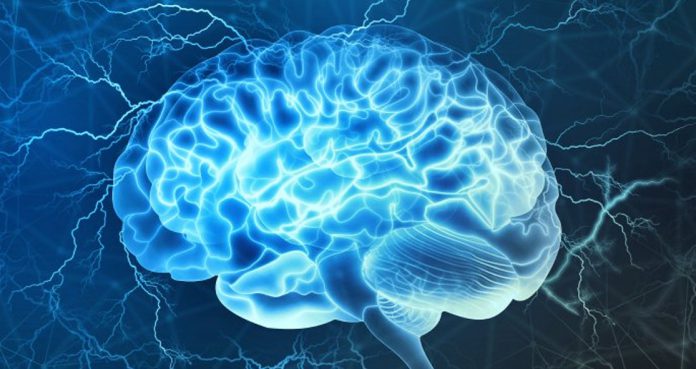According to a new study, brain zapping in people over 60 with mild electrical currents improved a form of memory in a way that they started performing as if they were in their 20s.
Scientist Robert Reinhart of Boston University predicted that people might visit clinics to improve or boost their memory that is often affect in old age and Alzheimer’s disease.
Reinhart explained that the treatment is based on the principle of “working memory.” This principle works on the ability to hold information in brain for some time while performing a task like doing mathematical calculation. It can be considered a scratchpad or workbench of the mind. It is important for things such as taking medicines on time, paying utility bills, buying groceries, or doing daily chores.
Reinhart captioned, “It’s where your consciousness lives… where you’re working on information.”
Though there were earlier studies based on stimulation of the brain boosting working memory, the new research proved it very effectively.
The study was published Monday in the journal Nature Neuroscience.
Reinhart said it is notable for showing success in adults because the improvement in memory lasted for minimum one hour after the stimulation was stopped.
One researcher who worked on boosting “working memory” principle with electrical stimulation stated that the ability of memory declination is not huge. But “they removed the effects of age from these people,” said Dr. Barry Gordon, a professor of neurology and cognitive science, Johns Hopkins School of Medicine in Baltimore.
Dr. Gordon said, “It’s a superb first step” toward demonstrating a way to improve mental ability.
Reinhart added that more research is needed before it is considered a formal treatment.
Brain zapping includes administration of the electrical current through a cap, which helps in monitoring brain waves for visual working memory test. Reinhart said, “For study participants, that current felt like a slight tingling, itching or poking sensation under the electrodes for about 30 seconds.”
The idea of scientists was to channelize the communication between two parts of the brain viz. temporal cortex on the left side and prefrontal cortex in the front because the synchronization in those two sides of the brain had fallen out of rhythms.
Therefore, the researchers had to apply the current to those parts to nudge the matching pattern with the activity cycles. Reinhart explained that the results delivered new evidence that an interruption in that communication leads to loss of working memory with age. It is unclear from the study that how long the benefit of working memory reached beyond 50 minutes; however, the earlier research suggests it might last for five hours or more after stimulation stops.























